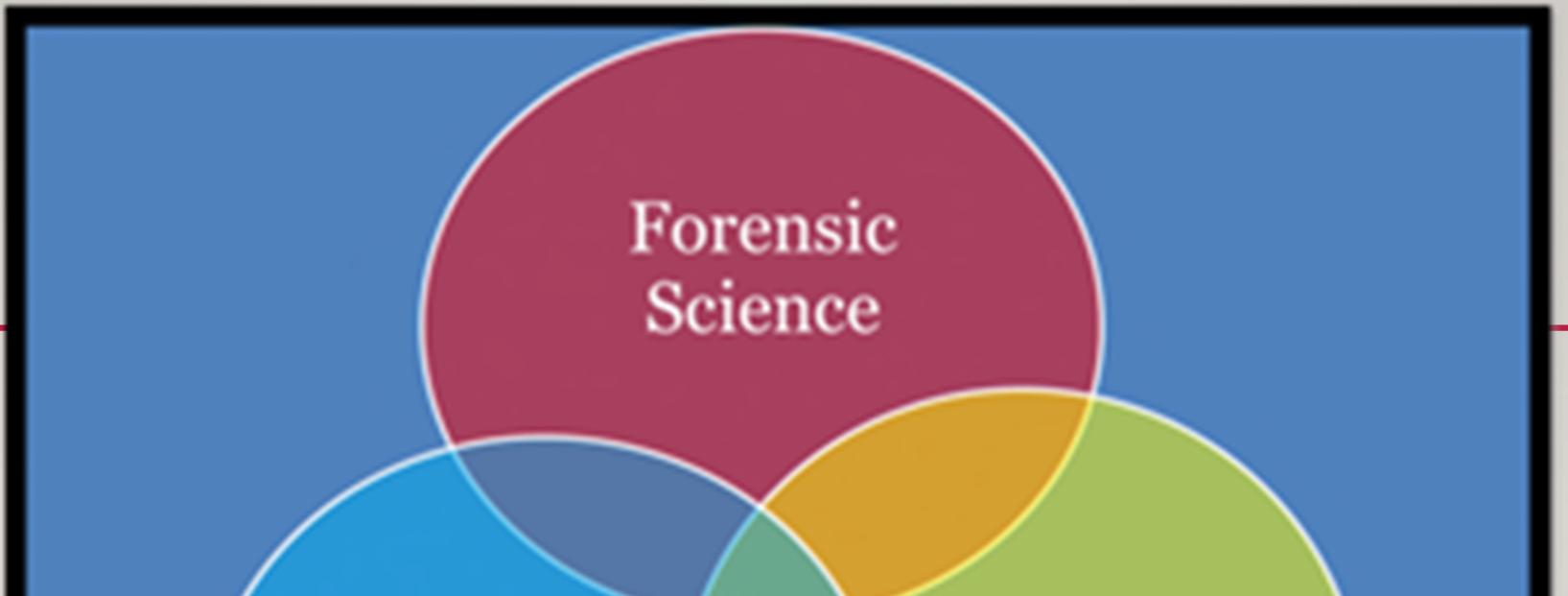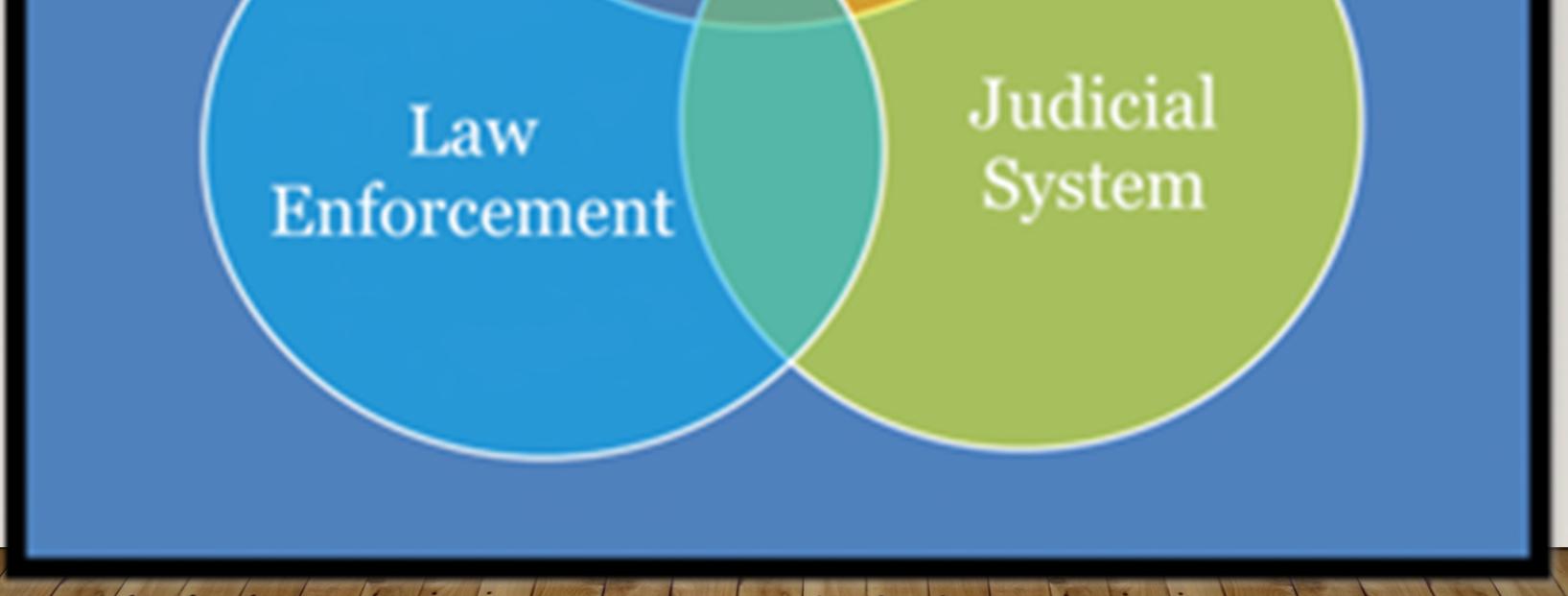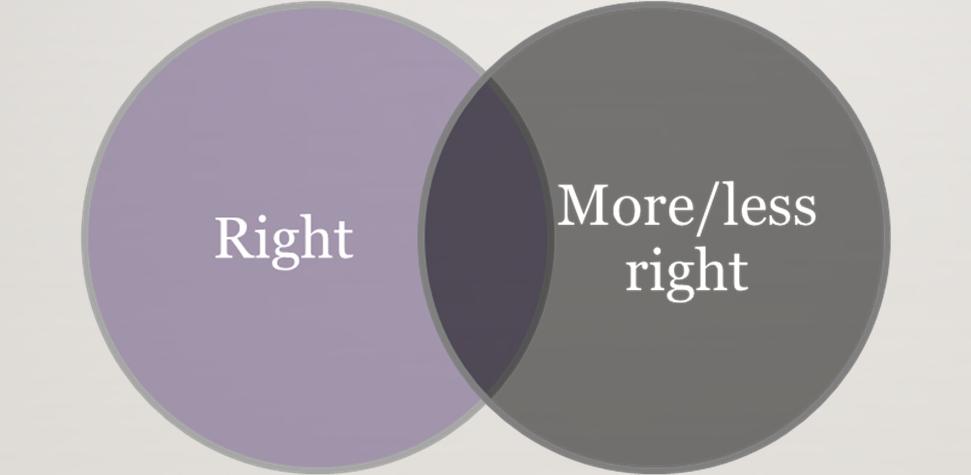Objectives
Chapter 2: An Ethical Approach to Forensic Professionalism
- Recognize how forensic scientists learn ethics specific to the profession
- Discuss recommendations suggested by the National Academies of Science report
Assessment Questions
Multiple Choice:
1. Which of the following should be part of training forensic scientists in ethics?
a. Experience
b. Writing
c. Nothing, scientists do not need to be trained in ethics
d. Following a mentor
2. Loaded language is ________.
a. Eliminated by using neutral, descriptive words
b. Communication used to manipulate a person’s view point
c. Exaggerating points
d. All of the above
T/F
1. Training in ethics is done informally. False- formal education is also needed.
2. Forensic scientists have similar education, regardless of discipline. False – training varies.
Short Answer:
1. What is the downfall of not having formal training in ethics for forensic science?
2. What is it meant by competence and credibility?
3. Explain the difference between cognitive bias and confirmation bias. Give an example of each.
Essay Questions:
1. What are the necessary components that should be covered in a forensic science ethics course? Explain these in detail, including significance.
2. Discuss the NAS report recommendations to reduce ethical issues for forensic science. Please state pros, cons, and feasibility/considerations of each.
3. How is awareness an important component of ethical behavior?
ETHICS IN THE PRACTICE OF FORENSIC SCIENCE
CHAPTER 2: AN ETHICAL APPROACH TO FORENSIC PROFESSIONALISM








EDUCATION
• Learn morals from the time we are children
• Dependent on factors such as culture, region, family, nationality, religion, etc.
• Informal education -may have downfalls
• How do your ideas compare to your colleagues?
• Who is “right”?



EDUCATION
• Formal education is needed
• Most classes are “general” and more philosophical
• Nature of the field should be addressed
• Not intended to teach right from wrong
• Should include discussion and scenarios



GOALS
• Steps to study ethics
• 1.Awareness of issues
• 2. Critical thinking skills

• 3. Become personally responsible
• 4. Recognize how the system works


IDEALS
• Profession needs to be trusted as a truth
• High stakes in justice system
• Large impact
• Data collection
• In cases, when issues arise, better understanding
• Consistency
• Policies, procedures, methods



GUIDING PRINCIPLES OF FS
1. Professionals should be technically competent and use reliable methods
2. Honest about qualifications & area of expertise
3. Honest about data & basis for exams, conclusions, and opinions
4. Objective in review of evidence and testimony



LEARNING ETHICS IN FS
• Reading, writing, discussing
• General in nature
• “Safe” environment
• Use questioning
• Goal
• shape thoughts about proper conduct
• avoid future issues
• Open lines of communication/awareness



MENTORING
• Mentor/Trainer
• Trusted friend, advisor, and/or teacher
• Administrators of scientific integrity
• Responsible for guidance
• Role model
• Combination of formal and informal lessons
• Formal: topic specific
• Informal: how the topic relates to the job



INCOMPETENCE
• “lacking necessary ability or skills”
• not legally qualified
• inadequate to or unsuitable for a particular purpose
• lacking the qualities needed for effective action
• unable to function properly



INCOMPETENCE
• Do you think incompetence is an ethical issue?




COMPETENCE
• Varied training and experience
• Inconsistent
• Creates public uncertainty
• Who decides?
• Other professionals
• Judges –expert?
• Jury –believable?
• Self-determined –less credible



COMPETENCE
• Pressures
• Accuracy
• Efficiency
• Speed needed
• Training (budget, time, availability)
• Completely objective analysis?
• Reasonable?
• Straightforward?



IMPORTANCE
• So why is ethics important?
1. Learn standards and guidelines
• Basis for personal and professional behaviors
• boundaries
• What is/is not acceptable
• Consequences



IMPORTANCE
2. Professional cultures influence one another
• Awareness of differences
• Potential impact
• Decrease pressures
3. Prevention!
• Recognizing issues, or potential issues
• Understanding what to do
• Learning from mistakes
• Not allowing mistakes to grow



STANDARDS
• Quality Assurance
• Codes of Ethics
• Management
• General ideals of science

• No universal standard for ethics


NAS REPORT
• National Academies of Science (NAS)
• “Strengthening FS in the US:A Path Forward”
• Feb 2009 report
• Accounts for various disciplines
• Standards, ideas, structure, problem areas
• Recommendations 4 and 9



GREY AREA
• When there is more than one answer


• Following standards does not assure the right behavior


GREY AREA
• Various policies, procedures, goals
• In disciplines
• in sub fields
• In professional orgs
• In jurisdictions, agencies, departments
• Having one source of info reduces this
• Codes try to lessen the burden



